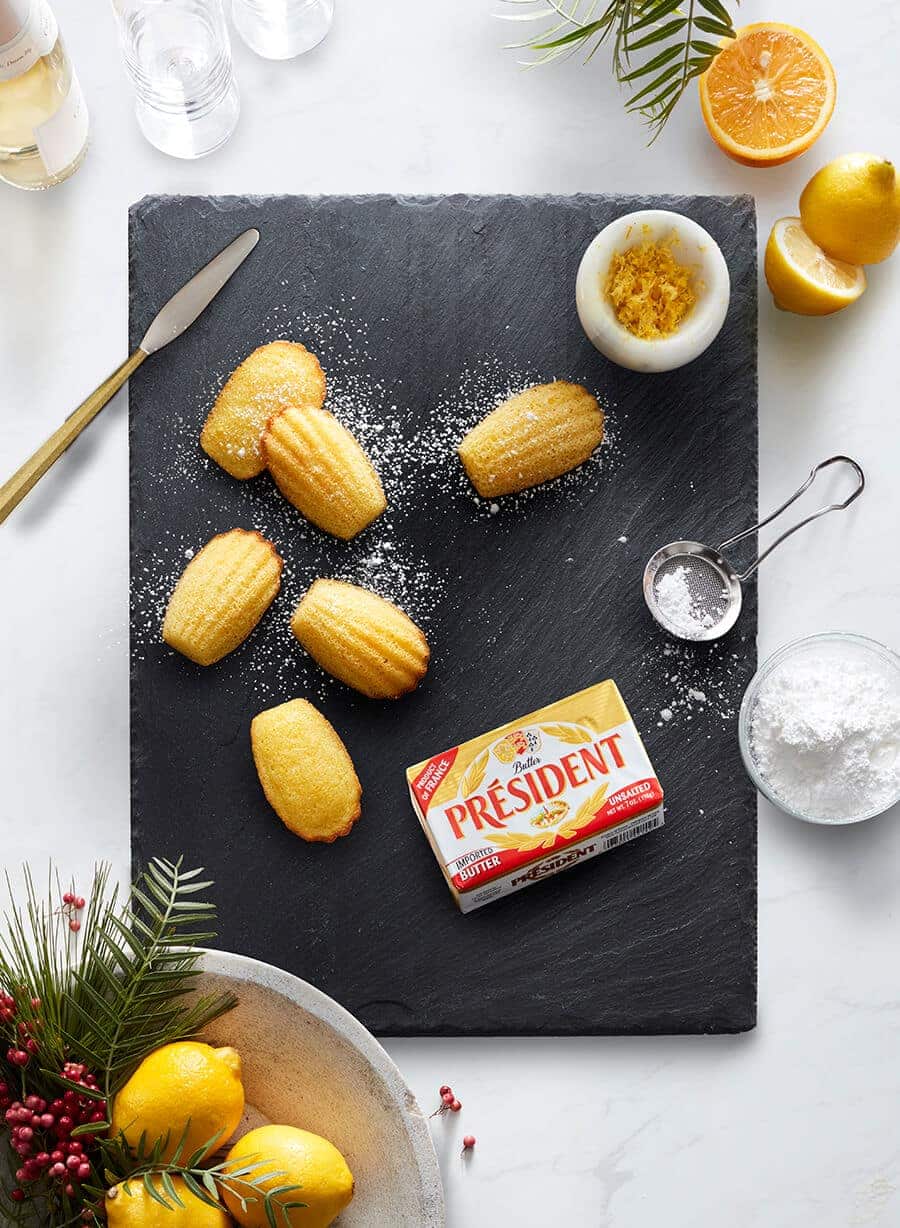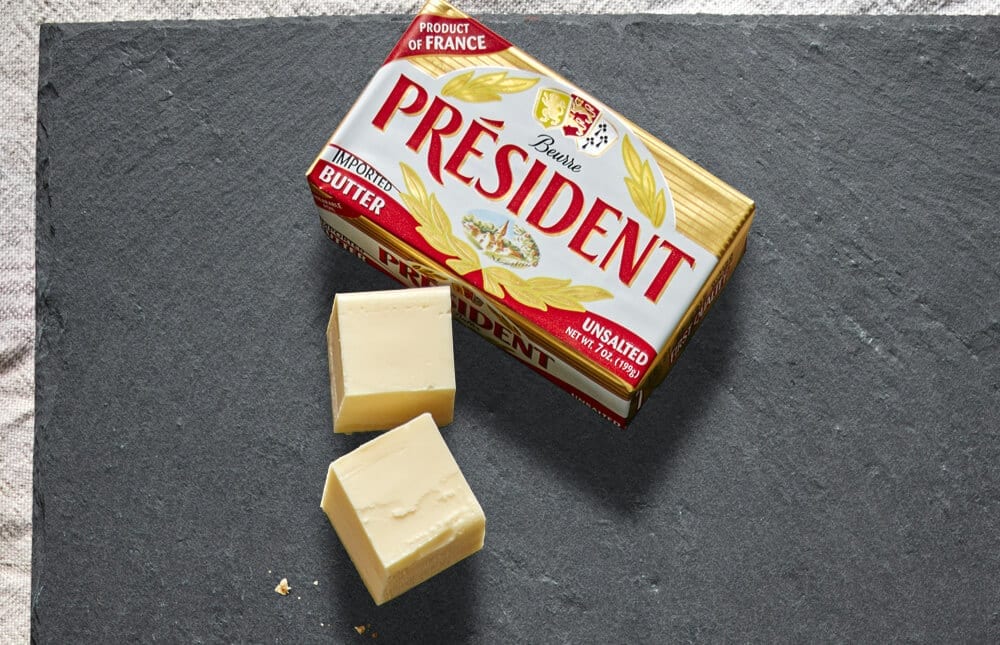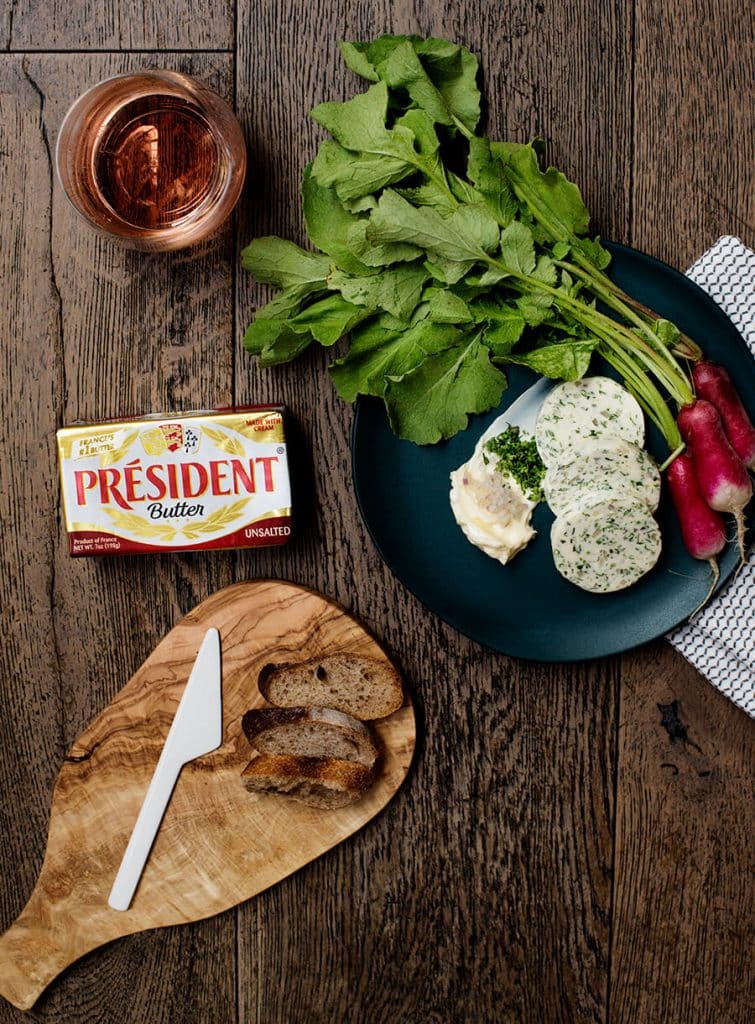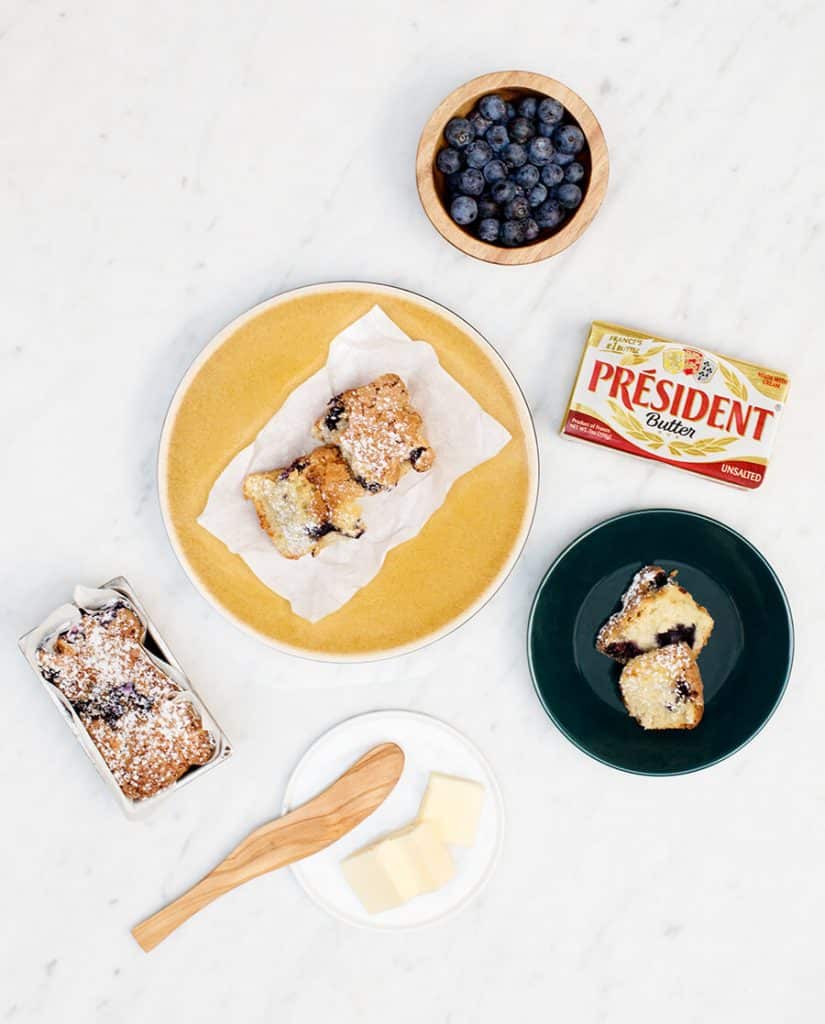
Is Butter Gluten-Free?
To answer the question, is butter gluten-free? The short answer is, yes! Butter, like most dairy products, is naturally gluten-free. This is why you won’t find a gluten-free claim on the packaging of most dairy products.

What Is Gluten?
The word “gluten” is actually the Latin word for “glue”. At a molecular level, gluten is made from a group of proteins called prolamins and glutelins. These proteins make up 75-85 percent of the protein in bread wheat. Gastronomically, gluten is responsible for the elastic quality of dough – it also helps the dough rise and keep its shape and gives baked bread its chewy texture. This is why bread, pastries, cakes, pasta and most cereals naturally contain gluten.

What If I’m Gluten-Free?
Good news! If you are following a gluten-free diet, there are plenty of substitutes out there. Sorghum flour is a great alternative to regular flour because it’s high in fiber and protein. Its fluffy texture and sweet flavor were a perfect fit for this blueberry muffin recipe. Almond flour is another easy-to-use alternative since it substitutes flour at a 1:1 ratio. Additionally, Almond flour is a great source of Vitamin E! The nutty flavor and quick-to-bind nature make it especially great for baking desserts – just make sure to add an extra egg to the recipe, otherwise, your final product may come out too dense. For more substitution ideas click here.

What Types of Butter Should I Use?
Président brand makes four types of butter: salted, unsalted, spreadable and sea salt. When cooking, it’s recommended to use unsalted butter and add in salt separately to taste. For spreading or as a post-cooking garnish, use salted butter because at this point you will know the salt content of your dish.
